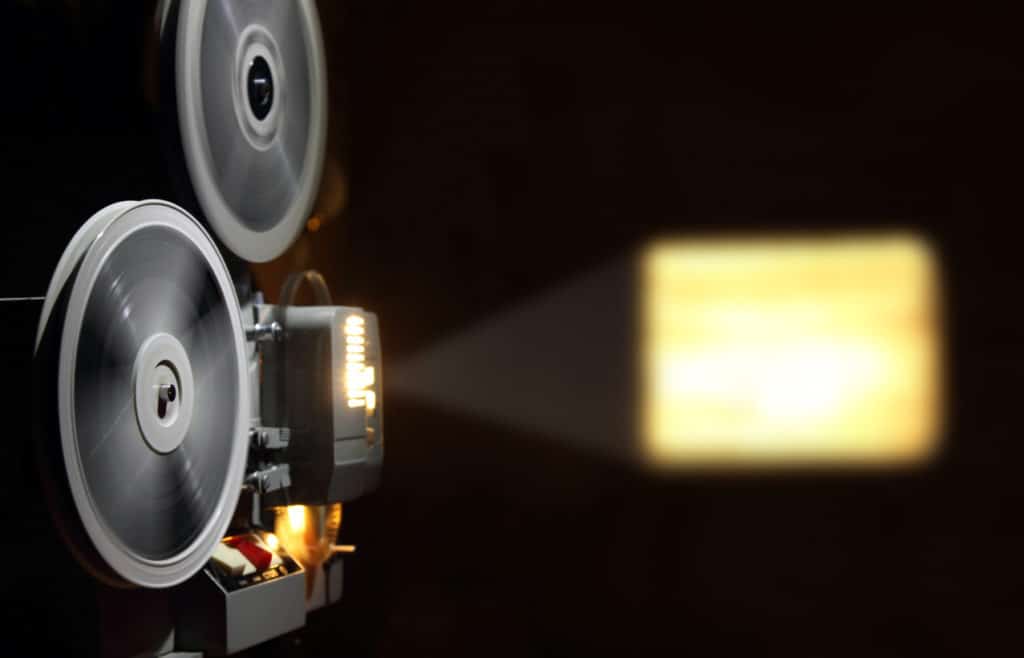One key trait whistleblowers and investigative journalists share is a passionate commitment to the truth. In recognition of this shared commitment, the National Whistleblower Center (NWC) has partnered with the Double Exposure Investigative Film Festival, “the United States’ first and only film festival dedicated to investigative reporting on film.” This year, Double Exposure is being held virtually from October 14-18.
In its sixth year, Double Exposure, a project of the investigative news organization 100Reporters, features both film screenings for the public and a professional symposium for filmmakers and journalists. This is the second straight year the NWC has joined Double Exposure as an Affinity Partner.
“By showcasing the global struggle for truth and journalistic freedom, the Double Exposure Investigative Film Festival brings the frontlines of watchdog journalism to an audience of advocates, activists, and whistleblowers. The National Whistleblower Center strives to assist those who stand up against injustices. We are proud to partner with Double Exposure again and support the many journalists and documentarians who, many times, are whistleblowers themselves and often help other whistleblowers tell their stories,” said NWC Executive Director John Kostyack.
The film screening portion of the festival features over a dozen films. The opening film is 76 Days, which documents the first days of the COVID-19 crisis in Wuhan, China. MLK/FBI is the festival’s centerpiece film: it uncovers and documents the extent of the FBI’s harassment of Martin Luther King Jr. The closing night film is the U.S. premiere of Enemies of the State, which tells the story of the family of alleged hacker and whistleblower Matt DeHart. Other films touch on a wide range of important issues and feature groundbreaking journalism.
Meanwhile, the professional symposium portion of Double Exposure brings together investigative journalists and documentary filmmakers and presents participants with the unique opportunity to listen to and engage directly with leading professionals in the fields. The symposium features a number of different events ranging from speeches to panels to workshops. Participants will be able to learn a litany of essential skills from fundraising for documentaries to trauma-informed storytelling. The symposium also features a Pro-Bono Legal Clinic in which leading attorneys will offer legal guidance to participants.
The relationship between whistleblowers and the media is complex. Contacting the media as a whistleblower poses some risks, but it also can have a powerful positive impact. Likewise, working with whistleblowers poses a number of challenges and questions for investigative journalists. A great resource for both whistleblowers and journalists is a 2010 NWC seminar entitled “Whistleblowers and the Media,” which is available on C-SPAN. The seminar features leading whistleblower attorney Stephen M. Kohn, a partner at qui tam firm Kohn, Kohn & Colapinto, alongside three titans of the investigative journalism industry.
In the seminar, Kohn states that “going to the press as a whistleblower… is always a radical step.” He explains that it’s a step that usually should be taken only once other options have been exhausted. Kohn also explains the legal protections whistleblowers do have in reporting to the media. Most notably, federal employees have First Amendment rights to speak to the news media, as long as they make it clear that they are not speaking as private citizens and not representatives of the government. The right of federal employees to criticize their agencies in the media was established in the 1995 Supreme Court Case Sanjour v. EPA.
For more information on the festival and to purchase tickets:
Double Exposure Film Festival – Double Exposure Investigative Film Festival and Symposium
